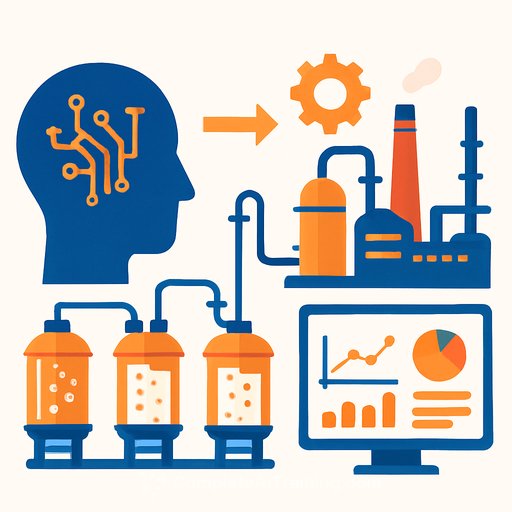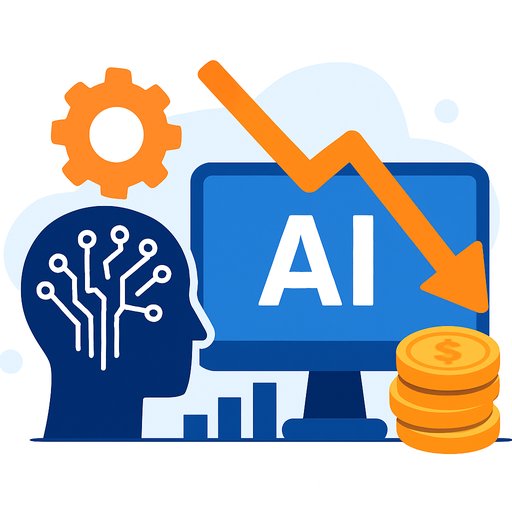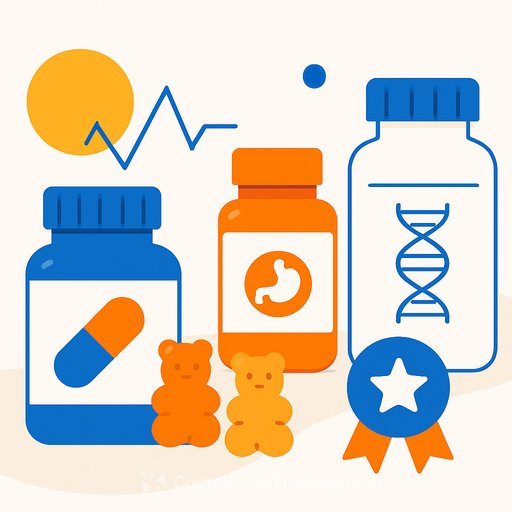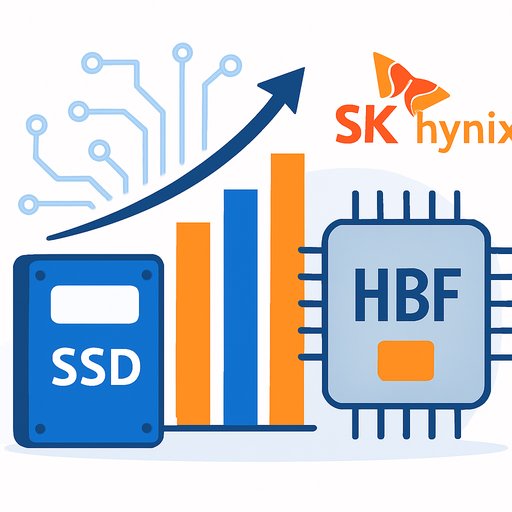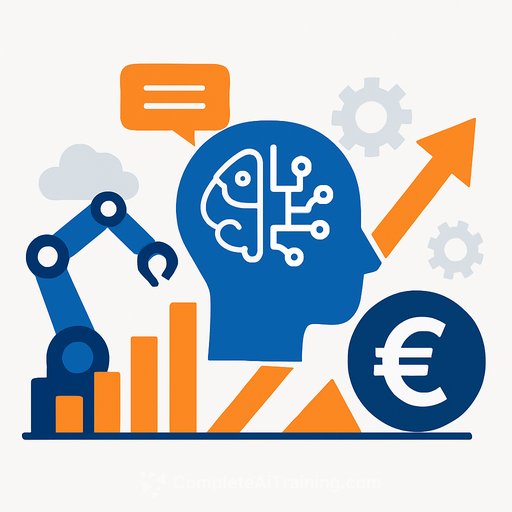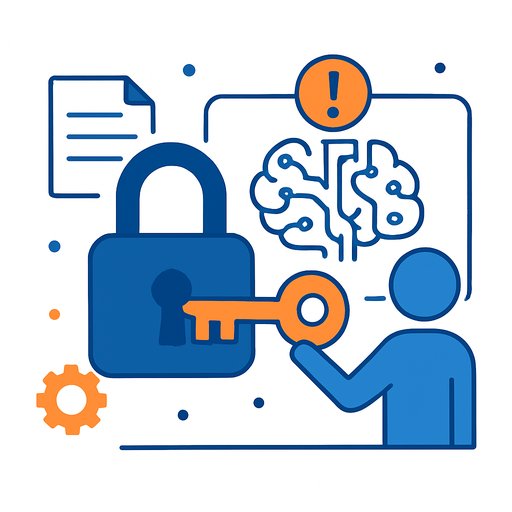If Data Is the New Oil, AI Is the Refinery
The 2025 Bioprocessing Summit highlighted a split in the industry: some companies are looking forward, embracing new technologies, while others remain caught up in past challenges. The phrase “Data is the new oil” was echoed by several experts during the event, emphasizing that data today is a valuable raw material in technology-driven sectors.
Irene Rombel, CEO of Biocurie; Cenk Undey, global iCMC digital transformation lead at Sanofi; and Colin Zick, managing partner at Foley Hoag, all agreed on the importance of data but stressed some critical nuances.
Data Oil Drips
Process development and manufacturing data, especially for advanced therapies, tend to be small and sparse. Contrary to popular belief, this limits the direct application of traditional AI and machine learning (ML) methods. As Rombel pointed out, “There is not a data goldmine for AI/ML to leverage for manufacturing.”
Data, much like crude oil, is often “dirty” and needs refining before it becomes useful. That’s where AI tools come in: they act as refiners, extracting meaningful insights from imperfect data. However, AI’s effectiveness depends on the quality and scope of the data it’s trained on.
Zick illustrated this with an example about self-driving cars in Boston. He shared how seagulls create unpredictable challenges that AI models can’t anticipate unless they've seen similar data before. The lesson is clear: AI cannot predict outcomes beyond the data it has been exposed to.
Undey challenged the myth that AI/ML models require millions of data points. He explained that computational methods exist that can work effectively even with limited, high-quality datasets.
Consequences of Confusion
The excitement around AI has caused some confusion, especially in manufacturing. Zick observed that many treat AI like a special magic tool, ignoring established principles that apply to any new technology. This mindset can lead to poor decisions and risks.
Undey echoed this, warning against jumping straight into AI tools without first understanding the underlying data and problems. He pointed out that AI/ML isn’t always the right answer; sometimes simpler, traditional methods are more effective.
A concerning topic discussed was the use of large language models (LLMs) and synthetic data to fill in missing information. Experts like Mark Mackey, CSO of Cresset, caution that the industry lacks sufficient biological knowledge to safely generate synthetic data. Rombel stressed that this practice is not only bad data science but potentially dangerous.
Meanwhile, some in the industry remain skeptical, seeking clear examples where AI and digital transformation have delivered measurable improvements in process development time, quality, or cost. Undey noted that while some areas like explainable AI and risk-based GMP applications have matured, interest in AI’s cutting-edge applications like robotics and generative AI in bioprocessing is still developing.
Walk Don’t Run Forward
To stay competitive, both leaders and operators must accept that digital transformation and AI are essential tools—but they require careful, thoughtful application. Undey recommended managing AI/ML models by focusing on risk assessment, understanding the point of use, and thoroughly documenting how models perform and evolve.
Zick was blunt: AI should never replace critical thinking. Instead, it’s a tool to support it. He emphasized the importance of reading the FDA’s new draft guidance on AI’s role in regulatory decisions, underlining the need for informed and cautious adoption.
Final Thoughts
- Shift focus from gathering large volumes of data to collecting the right data. This approach saves costs and improves outcomes, relying heavily on subject matter expertise and solid statistical analysis.
- Using AI should be about solving the right problems, not just applying it because it’s available.
- AI can improve processes but must never degrade quality or increase risk.
- Developing quality data products that feed AI models is critical for advancing decision-making in product development and manufacturing.
The biopharma industry still has room to grow in fully integrating AI, but successful examples already exist across different segments of the value chain.
For professionals looking to deepen their AI skills in practical, impactful ways, exploring targeted training can help build a solid foundation for applying AI where it truly counts. Visit Complete AI Training for courses that focus on real-world AI applications in development and manufacturing.
Your membership also unlocks:

